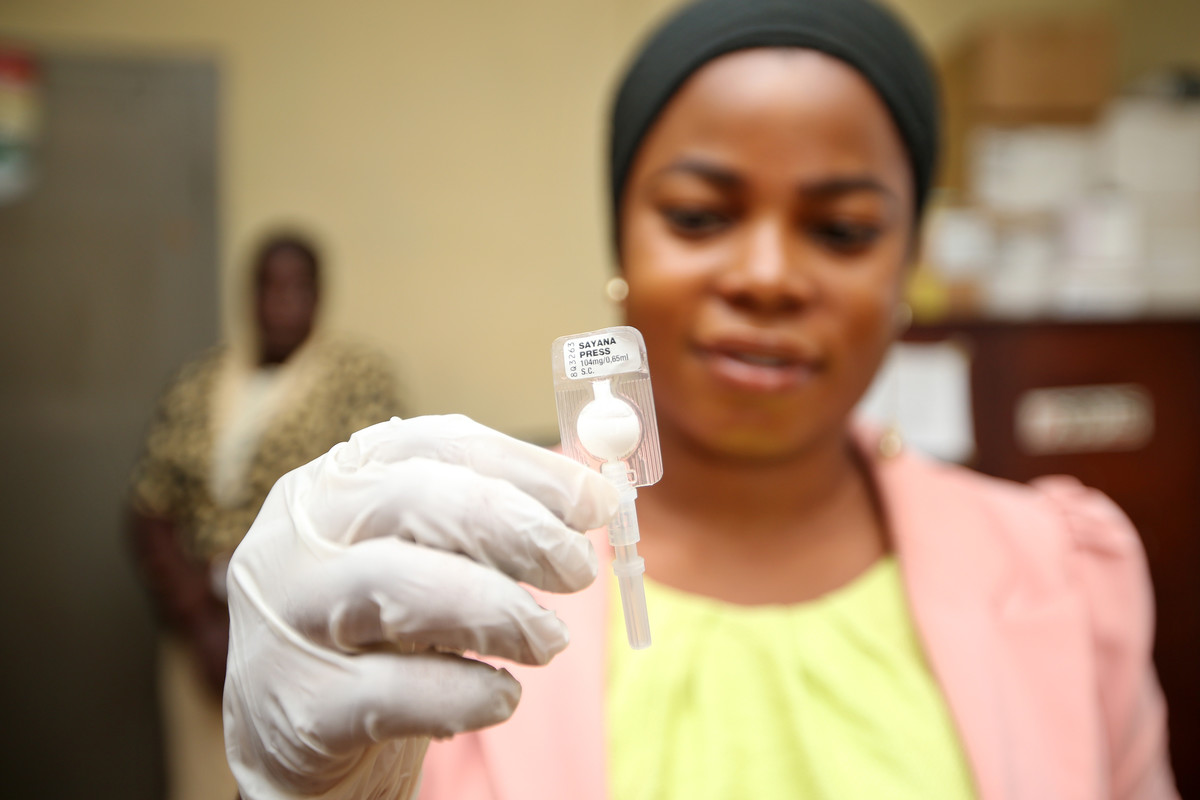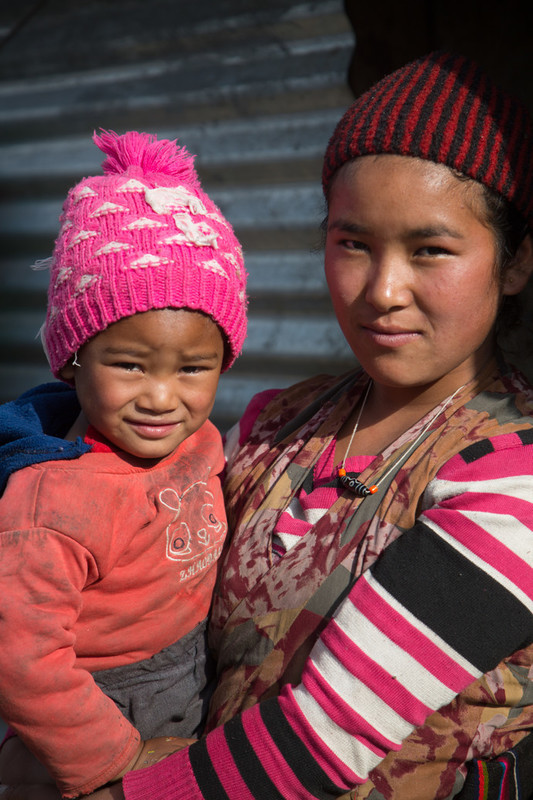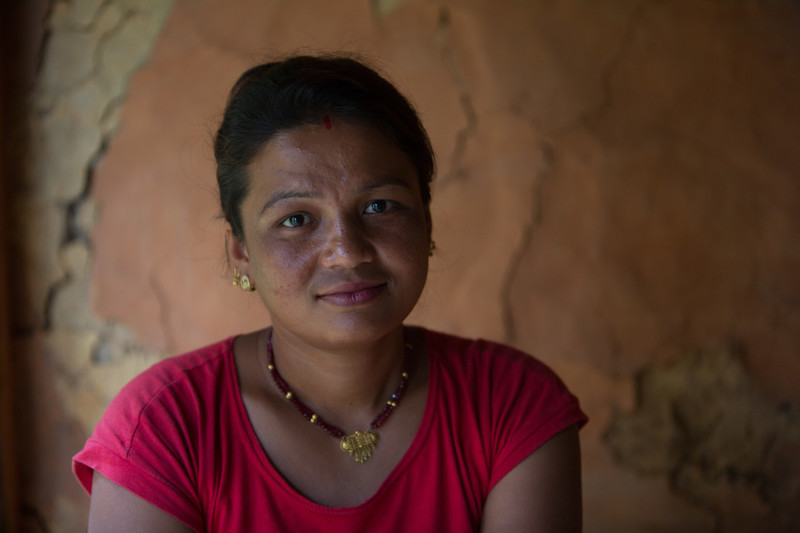

- Albania
- Algeria
- Argentina
- Aruba
- Bangladesh
- Barbados
- Belgium
- Bulgaria
- (-) Burkina Faso
- Burundi
- Cambodia
- Denmark
- Dominican Republic
- El Salvador
- Eswatini
- Ethiopia
- Fiji
- Ghana
- Guatemala
- Honduras
- India
- Indonesia
- Jamaica
- Kenya
- Lesotho
- Madagascar
- Malawi
- Mali
- Mexico
- Mozambique
- (-) Nepal
- Nigeria
- Pakistan
- Palestine
- Philippines
- Senegal
- Sweden
- Syria
- Togo
- Uganda
- Ukraine
- United Kingdom
- United States
- Vanuatu
- Zambia
Search Results
Displaying 1 - 6 of 12


Sustainable Networks
Support for International Family Planning Organizations 2; Sustainable Networks (SIFPO 2) is a five-year programme funded by the United States Agen

Sayana efforts will help widen contraceptive…
Expanding contraceptive choices offers the potential to put power into women’s hands said the International Planned Parenthood Federation (IPPF) in

Extended Mexico City Policy detrimental to health…
Mexico City Policy will have a devastating impact for International Planned Parenthood Federation (IPPF) with its extension far beyond family plann

Forced into marriage at 16
Jomini, from rural Nepal, was just 16 when her parents forced her to marry a man 8 years older than her. "I didn't know anything about the physical si…

Waiting for an ambulance that never arrives:…
“When I was about to give birth, we called for an ambulance or a vehicle to help but even after five hours of calling, no vehicle arrived.”

Battling stigma against sexual and reproductive…
“People used to shout at me when I was distributing condoms. They called me many bad things.” Rita Chawal recalls her time as a family planning youth…

Sustainable Networks
Support for International Family Planning Organizations 2; Sustainable Networks (SIFPO 2) is a five-year programme funded by the United States Agen

Sayana efforts will help widen contraceptive…
Expanding contraceptive choices offers the potential to put power into women’s hands said the International Planned Parenthood Federation (IPPF) in

Extended Mexico City Policy detrimental to health…
Mexico City Policy will have a devastating impact for International Planned Parenthood Federation (IPPF) with its extension far beyond family plann

Forced into marriage at 16
Jomini, from rural Nepal, was just 16 when her parents forced her to marry a man 8 years older than her. "I didn't know anything about the physical si…

Waiting for an ambulance that never arrives:…
“When I was about to give birth, we called for an ambulance or a vehicle to help but even after five hours of calling, no vehicle arrived.”

Battling stigma against sexual and reproductive…
“People used to shout at me when I was distributing condoms. They called me many bad things.” Rita Chawal recalls her time as a family planning youth…
Support Our Work
Help us deliver sexual and reproductive healthcare to those most in need.






